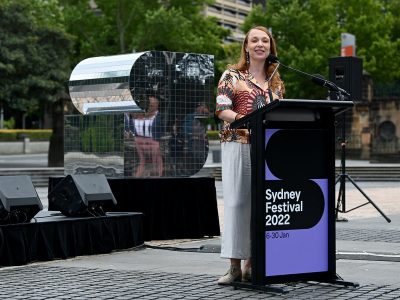Sydney (Source; The Conversation Media, 6 Jan 2021); The Sydney Festival opens today under a cloud. Several artists and arts organisations have withdrawn from the festival over the Israeli Embassy’s sponsorship of the dance

work Decadance, by Israeli choreographer Ohad Naharin.
The crazy thing is the value of the sponsorship in question. A$20,000 is very small in the context of the festival’s overall budget.
Why, then, did the festival accept the funding agreement for Decadance, given the overall size of its budget and the potential community reaction?
It’s true it is common, when a festival invites an arts performance from another country, for the country of origin to provide financial support for the project. They do this because they see an advantage for their culture to be presented internationally.
But critics have said this particular funding arrangement “serves to art wash the Israeli regime’s violent control over the lives of Palestinians”.
This is not an isolated incident but part of a broader global debate around sources of arts funding. If an arts organisation accepts money from a donor, there is always a price to pay. It’s a question of how high the price is.
Is a donation ever free?
Arts organisations can sometimes demonstrate a strange naivety when asking for or accepting donations. It’s as though the gift is more precious than its actual monetary value. Certainly, government funders and bodies such as Creative Partnerships Australia provide rewards such as matched funding to arts organisations for attracting private donations.
Ironically, too, there are expectations from governments that arts organisations must find outside funders, to justify receiving government support. A recent arts minister, George Brandis, threatened in 2014 that if arts organisations or artists rejected private donations, they should be banned from receiving any government grants.
On the other hand, the donor, in this case the Israeli Embassy, insists it’s not about politics but that But are there ever any “free” donations? And can we separate the “giver” from their brand or past actions?
[End]




